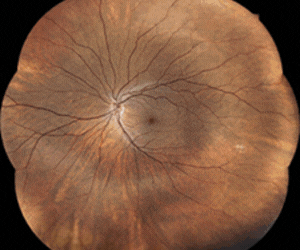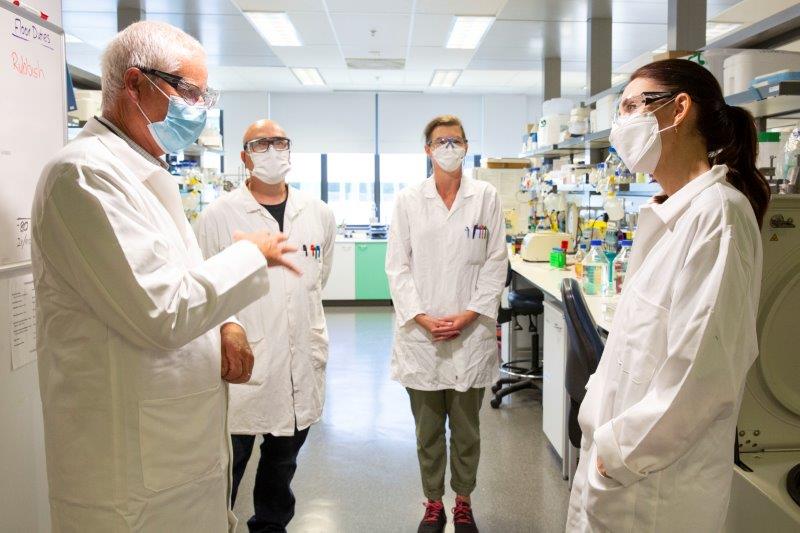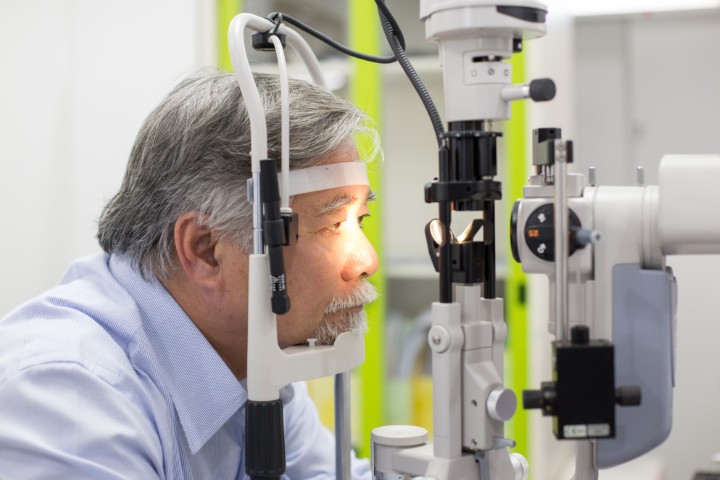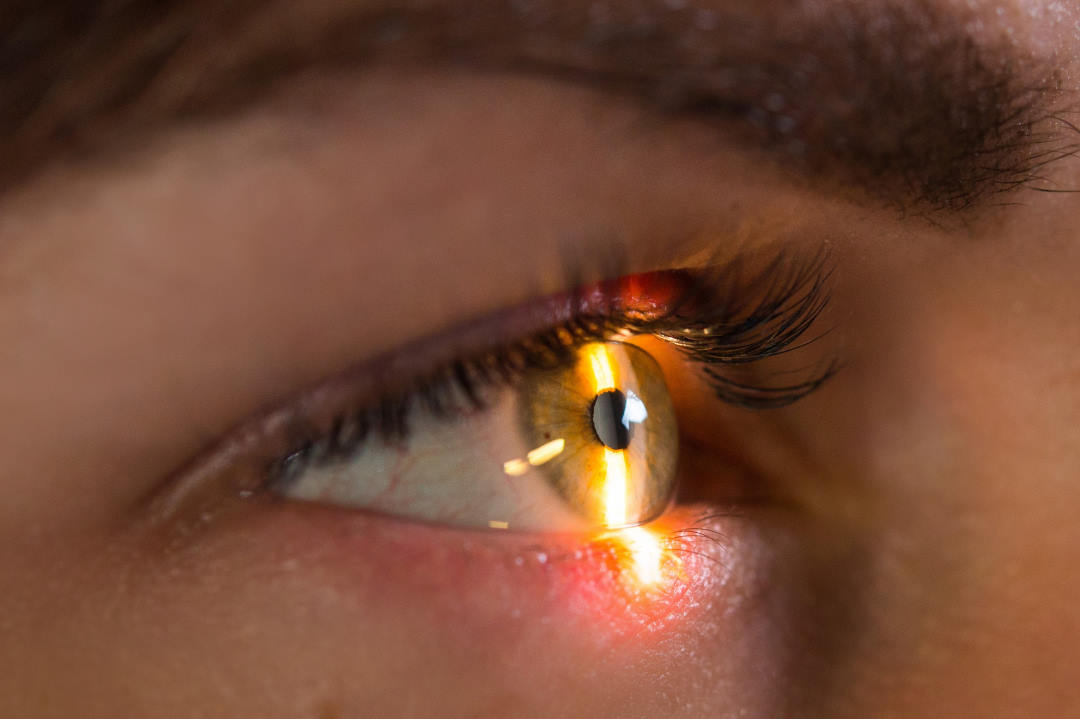University tackles MRSA vaccine following Covid vaccine success
A New Zealand university team is developing a Staphylococcus aureus vaccine based on mRNA technology developed to fight Covid-19.
Carried on people’s skin and in their nostrils, usually benignly, S. aureus is the most common cause of hospital-acquired, surgical and medical implant infections and a leading cause of dacryocystitis, conjunctivitis, keratitis, cellulitis, corneal ulcers, blebitis and endophthalmitis. The bacterium also readily adopts antibiotic resistance, with methicillin-resistant S. aureus (MRSA) responsible for 20,000 deaths in the US in 2017. Although statistically low, the risk of infection among eyecare patients is increasing alongside the growing number of ocular surgical procedures, especially in elderly and diabetic populations, reported Astley et al in 2019.
Dr Ries Langley, co-principal investigator on the University of Auckland (UoA) S. aureus vaccine investigation team, was spurred on to do something about Staph infections after his one-year-old son spent a month in hospital with painful osteomyelitis in his knee 13 years ago. “We have some of the highest rates of staphylococcal infection in the developed world. It’s particularly prevalent in Māori and Pacific populations,” he said.
Although people have tried to develop vaccines for S. aureus before, the decreasing impact of antibiotics on infection warrants a more concerted effort, said team leader Professor John Fraser. “(Previous attempts) took a relatively simple approach – generating antibodies to surface molecules and hoping those antibodies kill the bacteria. They’ve all failed, some spectacularly, because they were based on the assumption that what we need to do is sterilise the body from staph. It’s such a common bacterium and it hides in so many places in the body, we don’t think that’s possible.” However, accelerated work on mRNA vaccines for Covid-19 has beaten a path for protection against other microbes, he said.
Using this knowledge, the UoA vaccines team has shown if they infect vaccinated mice with S. aureus, they recover more rapidly and have far fewer bacteria in major organs, such as their livers and spleens, compared with control mice, said team member Dr Fiona Radcliff. “A successful vaccine could keep people out of hospital, shorten their time in hospital or potentially save their lives. That’s what gets me out of bed in the morning.”
While the team has shown its vaccine stimulates a robust neutralising antibody response in mice, it’s still working to understand which immune cell populations contribute most to the protective immunity seen in the animals. There’s still a lot of science to do, but the aim is to have a vaccine ready for human clinical trials within a few years, said Prof Fraser.
If this is successful it will be the world’s first antibacterial mRNA vaccine, said Kerryn Kilkenny, a business manager with UoA’s commercial UniServices business unit. “That would be huge for New Zealand. It would put us at the forefront of vaccine technology globally.”



























